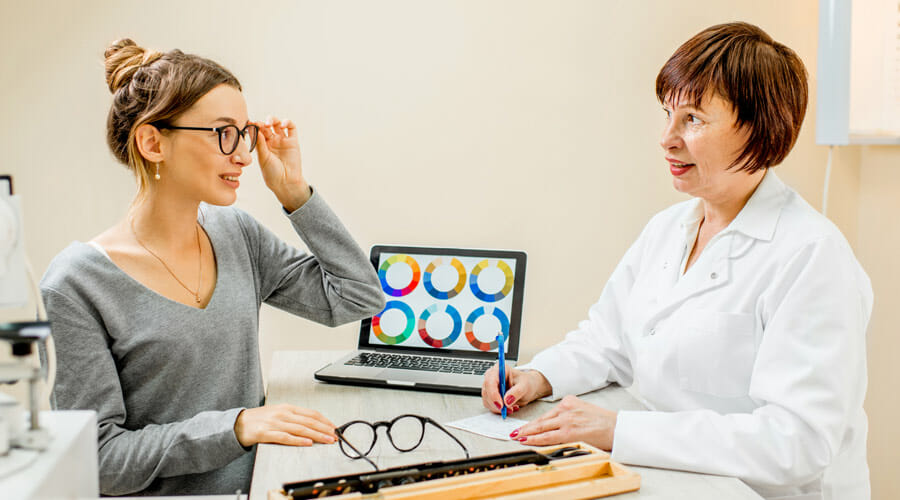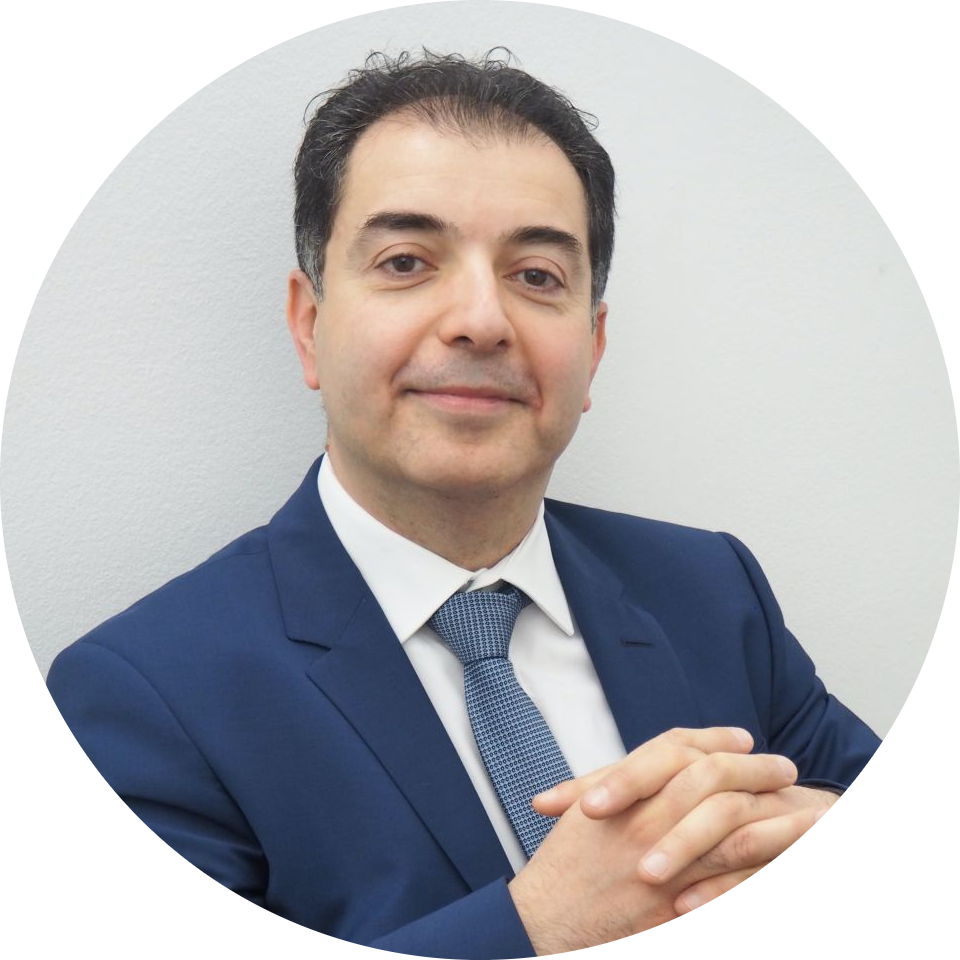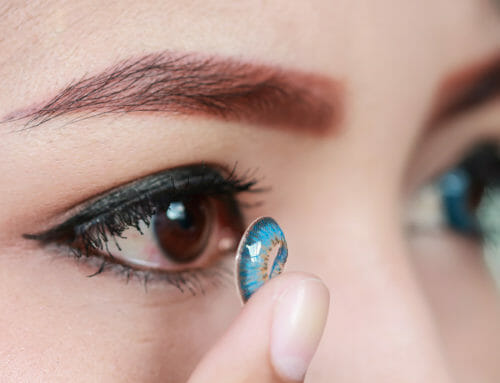
What Is Colour Blindness?
Colour blindness, also called colour vision deficiency, is a condition where people struggle to identify and differentiate between certain colours.
Although it is commonly called colour blindness, it is very rare for people to not see colour at all.
Colour vision deficiency is usually a genetic or hereditary condition present at birth, but can sometimes develop later in life from eye injury, ageing, a side effect to certain medications, or due to an underlying health condition. Colour blindness affects men more than women, 1 in 12 men and only 1 in 200 women in the world have colour blindness and roughly 4% of Britons have it. The condition doesn’t normally cause any problems and people with it tend to adapt very well as they have usually had it from birth, but if it is something new then getting it looked at by an ophthalmologist is always advised.
There are various types of colour vision deficiency but the most common is where people struggle to tell the difference between shades of red, yellow and green, this is called red-green colour vision deficiency. People with this type of colour blindness mix up reds and blacks, find it difficult to identify between, reds, greens, yellows, oranges, and browns and these colours are much duller. They also find it hard to identify between different shades of purple. Another type of colour blindness is called blue-yellow colour deficiency, where people struggle with blues, greens, and yellows instead, but this type is rarer. And as mentioned above total colour blindness, where colour cannot be seen at all is even more rare.

About the expert
Mr Hamada | Consultant Ophthalmologist and Corneal Surgeon
MD, MSc, DO (hons), FRCSEd, FRCOphth I am Samer, founder and consultant ophthalmic surgeon with over 20 years’ experience in ophthalmology. I am a world-renowned specialist in cornea, cataract and refractive surgery. I’m not only a leading surgeon but also the only dual fellowship trained in corneal diseases in children from reputable institutions in the UK. At Eye Clinic London I work closely with other consultant ophthalmologists, optometrists and orthoptists to achieve the best outcomes for our patients. Our main aim is to make sure our patients get the safest and best treatments available to them. We put your safety before anything else so you can rest assured that if you choose us you will be in the best and safest hands.



